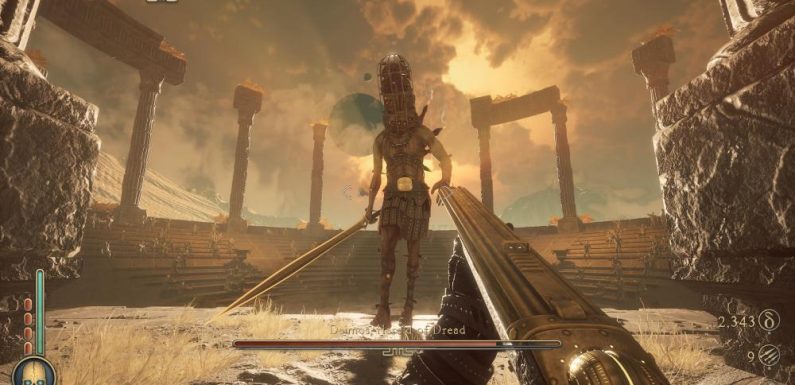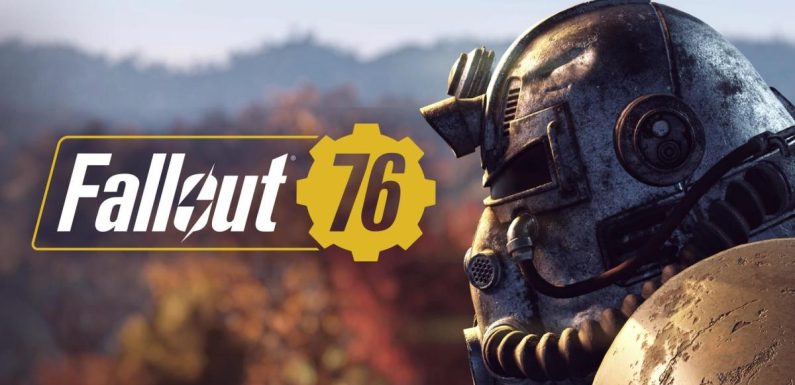The other day, in a piece for Asian Fortune News, advocates Sharon Choi, Francine Gorres and Tina Ngo argued that numerous young Asian-Americans constantly battle with their identities that are bi-cultural anticipated to stay glued to numerous sets of norms, none of which quite fit. В
“Offering our people that are young to generally share their social backgrounds and find out about the experiences and traditions of other people is very important to youth being able to contour and realize their particular identities,” they published.
The problem Choi et al raise can be an crucial one, particularly for a lot of very very first or second-generation Asian-American millennials who feel they need to live as much as two various sets of objectives. In the one hand, we are motivated to embrace culture that is american shed ties to your Asian history. Having said that, we are likely to keep our identity that is ethnic and our moms and dads’ traditions alive. Failure to live up to either pair of objectives can often induce fear of rejection or ostracism — even an identification crisis of types.
The pressure to assimilate is overwhelming for many asian-Americans. All together, we’ve been addressed as second-class residents. As Loyola Marymount University’s Nadia Y. KimВ arguedВ in her 2007 research, a lot of people have a tendency to conflate Asians and Asian-Americans, painting the previous as “the enemy.”
“No team was excluded through the nation due to their ‘race’ towards the extent that Asian Us americans have already been,” stated Kim.
Due to this prejudice, some Asian-Americans have actually tried to bask within the privilege of whiteness (a racial descriptor that lots of equal being “American”) in purchase В to look less international, based on the Asian United states Law Journal’s Suzanne A. Kim. This may add casually doubting a person’s history right in front of white peers or, in journalist Jenny An’s situation, being romantically associated with white women or men.
“we date white guys into an Asian ghetto and antiquated ideas of Asian unity,” she acknowledged in an article for xoJane last year because it feels like I’m not ostracizing myself.
Growing up in a predominantly jewish neighbor hood with a little Asian populace, we too often felt the necessity to eliminate myself from my Chineseness. I did not feel safe sharing my loved ones’s tradition with my buddies because We knew they mightn’t comprehend it. Oftentimes, i might play down my heritage by hiding my center name or sporadically poking fun at those that talked with hefty Chinese accents. At that time, it felt such as a necessary method for us to easily fit in.
My experience is absolutely nothing out from the ordinary for young Asian-Americans whom must constantly consider their moms and dads’ objectives against those of these peers.В
In accordance with psychotherapist Dr. Dorothy Moon, numerous moms and dads want kids become highly rooted within their Asian history, and fear which they may get astray. SheВ explains,В “Parents of bicultural children in many cases are worried that kids have become completely different from their website, and have a tendency to either fault by themselves, kids, or even the principal culture for his or her kids’ problematic actions.”
So that you can close keep their children, some moms and dads, like mine, have actually advised them to indulge in mail order brides social activities which promote determining with Asianness.
Whenever I had been young, my moms and dads delivered me personally to Chinese college. They hoped I graduated from the ninth grade that I would be somewhat fluent in speaking Cantonese and writing traditional Chinese by the time. My dad, whom immigrated to New York within the early 1980s, pushed us to talk Cantonese to him, despite the fact that he had been proficient in English together with gotten his bachelor’s degree at Baruch university. He, like a number of other immigrant parents that are asian desired me personally to help keep my heritage. He made certain i did so by refusing to talk English in the home, regardless of the fact that we seldom had the chance to talk Cantonese outside it.
Building a bicultural identification is a huge balancing work as it has been for many Asian-American millennials for me. Many of us recognize more highly with your side that is asian when’re around our parents and family relations but adhere to our US part around non-Asian peers, planning to feel at ease and accepted in both communities.
“When I happened to be more youthful, I happened to be extremely timid and I also had a time that is hard with individuals,” stated my buddy Kohei Hamano. “Japanese was my very first language since that’s just exactly just what my moms and dads had been talking. I happened to be additionally ashamed to carry Japanese lunches that individuals wouldn’t normally know any single thing about.”
Young Asian-Americans we were born, or where we grew up like me and Kohei can feel like outsiders within our own communities, no matter where. Being bicultural might make us unique, however it is often as much a curse being a blessing.




